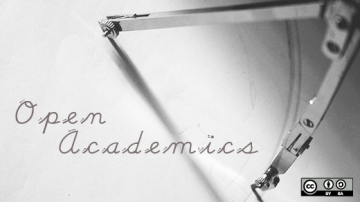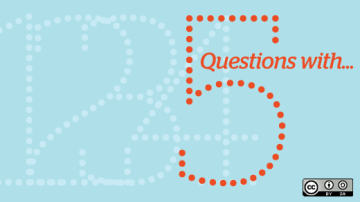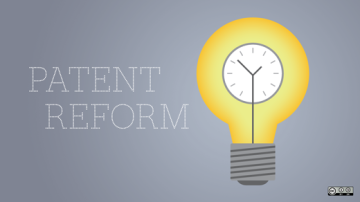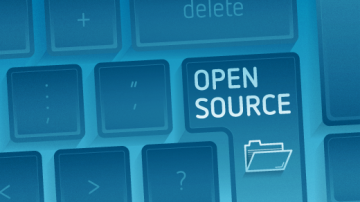
Bryan formerly managed the Open Organization section of Opensource.com, which features stories about the ways open values and principles are changing how we think about organizational culture and design. He's worked on Opensource.com since 2011. Find him online as semioticrobotic.







Authored Comments
Cheers to that!
I appreciate this column very much, as I really do believe that the various explorations of "free riding" will illuminate something critical about open culture and economics. I don't think I'm quite ready to jump to the conclusion that it's a "problem" for open source projects and communities, something "bad for people" and "bad for projects." I've dabbled in it before and done some reading here—just not enough to render any kind of definitive judgment.
The truth is that I'm finding conflicting opinions on the effect of free riding in open source projects and communities. In The Success of Open Source political economist Steven Weber doesn't seem to think it's the same kind of problem that the folks Chad cites here do. In fact, he argues that open source defies conventional economic thinking because is exists (successfully) despite the presence of free riders. I'm certainly not insisting that he's correct—just pointing out the complexity of the discussion and the work that remains here.
My guess is that free riding's status as a "problem" depends on the metaphors we use in our descriptions of open source goods, projects, and communities. We haven't settled on these, either. For example, Lister's piece advocates for adoption of "ecosystem" metaphors in discourses about open projects (he wants us to stop using the old, tired "infrastructure" language). Ostrom appears to like the language for framing a certain kind of problem, but Chad points out here that "ecosystem management such as Ostrom describes does not apply completely or neatly to open source software." So perhaps the roads-and-bridges tack is more appropriate after all. The language we use for building alliances with other movements and sources of support will need to emphasize the approach to code-goods we want those allies to adopt. If that's roads and bridges—because we eventually decide that these do fit the "rivalrous/excludable matrix" in the most appropriate and productive way—then so be it.
Bound up in the notion of "free riding" are so many of the issues surrounding openness that continue to ignite our fascination with it. That's why I'll continue to read anything anyone has to say about it. Thanks, Chad.